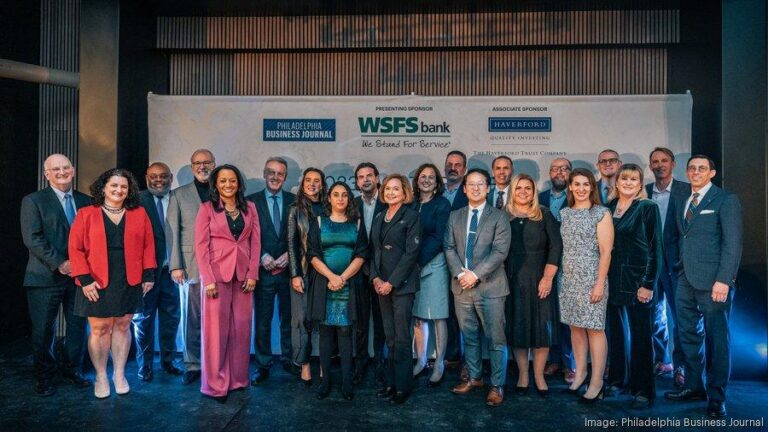Philadelphia Rises as a Leading Hub for Business Executives in Pennsylvania
Philadelphia’s growing magnetism for corporate leaders stems from its vibrant economy, rich talent reservoir, and well-developed infrastructure. The city’s unique combination of historic character and contemporary conveniences attracts a broad spectrum of enterprises, from established headquarters to innovative startups. Strategically situated along the Northeast corridor, Philadelphia offers executives convenient access to major economic centers like New York City and Washington, D.C., enhancing its appeal as a prime business location.
Several critical elements contribute to the influx of executives relocating to Philadelphia:
- Affordable commercial and residential real estate relative to nearby metropolitan areas
- Robust innovation networks fueled by prestigious universities and cutting-edge research facilities
- Rich cultural offerings that support a healthy work-life balance
- Ongoing investments in infrastructure, including public transportation upgrades and revitalization of business districts
| Aspect | Benefit for Executives |
|---|---|
| Cost of Living | More budget-friendly housing and office spaces |
| Talent Availability | Access to a skilled workforce from top-tier educational institutions |
| Transportation | Strong regional connectivity and transit options |
Drivers Behind Philadelphia’s Growing Appeal to Corporate Leaders
Philadelphia’s ascent as a preferred city for business executives is largely due to its advantageous geographic position and solid economic foundation. Located within a short drive or train ride from major East Coast cities, Philadelphia provides unparalleled access to both domestic and international markets. The city’s economy is diversified across sectors such as finance, healthcare, education, and technology, creating a fertile environment for executives seeking both stability and innovation.
Executives frequently highlight these key benefits:
- Highly Skilled Workforce: Graduates from renowned institutions like Temple University and the University of Pennsylvania contribute to a deep talent pool.
- Cost Advantages: Lower operational expenses compared to neighboring cities such as New York and Washington, D.C.
- Quality of Life: A blend of urban conveniences, cultural richness, and accessible parks fosters a desirable living and working environment.
| Metric | Philadelphia | Comparable Cities |
|---|---|---|
| Average Commute Duration | 28 minutes | 35 minutes |
| Corporate Tax Rate | 8.99% | Up to 10.5% |
| Number of Major Airports | 3 (PHL, Newark Liberty, BWI) | 2 |
Navigating Challenges and Leveraging Opportunities in Philadelphia’s Executive Landscape
While Philadelphia’s reputation as a hotspot for business leaders continues to grow, executives must contend with several challenges. These include adapting to evolving regulatory frameworks, addressing infrastructure limitations, and meeting the increasing demand for skilled labor amid intensifying competition. Successfully overcoming these obstacles requires innovative leadership and strategic agility.
On the upside, Philadelphia’s strong academic institutions, expanding technology sector, and enhanced market connectivity offer executives numerous avenues for growth. Notable opportunities include:
- Collaborations with universities to harness pioneering research and cultivate emerging talent.
- Commitment to sustainable infrastructure projects that improve operational resilience and environmental impact.
- Adoption of digital transformation strategies to boost competitiveness in both local and global arenas.
Strategic Initiatives to Fortify Philadelphia’s Business Executive Attractiveness
To sustain and enhance its status as a premier destination for business executives, Philadelphia should focus on modernizing its infrastructure and nurturing an innovation-friendly environment. Upgrading transportation systems and expanding high-speed internet access will improve connectivity, benefiting startups and established firms alike. Strengthening partnerships among academia, industry, and government will accelerate research and development efforts, fueling economic expansion.
Equally important is the advancement of inclusive workforce development programs. By broadening training and reskilling initiatives in emerging sectors such as technology, healthcare, and renewable energy, Philadelphia can cultivate a diverse and future-ready talent pool. Key strategic priorities encompass:
- Enhancing collaboration between public and private sectors
- Expanding affordable housing options to retain skilled professionals
- Promoting sustainable urban growth and development
- Encouraging entrepreneurship and small business expansion
| Focus Area | Recommended Actions | Anticipated Results |
|---|---|---|
| Infrastructure | Enhance transit systems and digital connectivity | Greater accessibility and operational efficiency |
| Workforce | Implement targeted skill development programs | Labor force aligned with evolving industry demands |
| Innovation | Increase incentives for research and development | Boost in startup formation and intellectual property creation |
| Housing | Develop affordable living solutions | Improved retention of young and skilled professionals |
Final Thoughts on Philadelphia’s Growing Business Executive Status
As Philadelphia joins the ranks of Pittsburgh and Allentown as a recognized hotspot for business executives, its stature as a flourishing center for commerce and leadership continues to strengthen. This acknowledgment reflects the city’s expanding economic dynamism and its capacity to attract premier talent and investment. With sustained emphasis on innovation, infrastructure, and inclusive growth, Philadelphia is well-positioned to solidify its role as a leading city for corporate leaders throughout Pennsylvania and the broader region.








